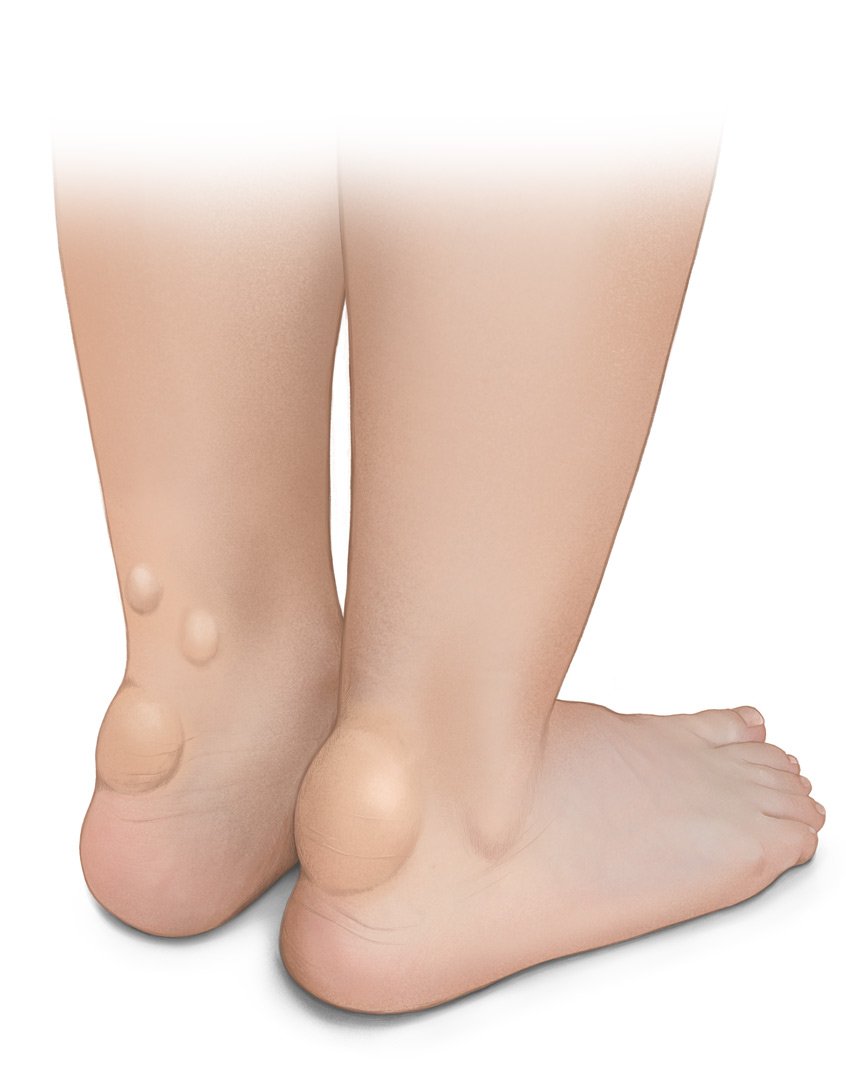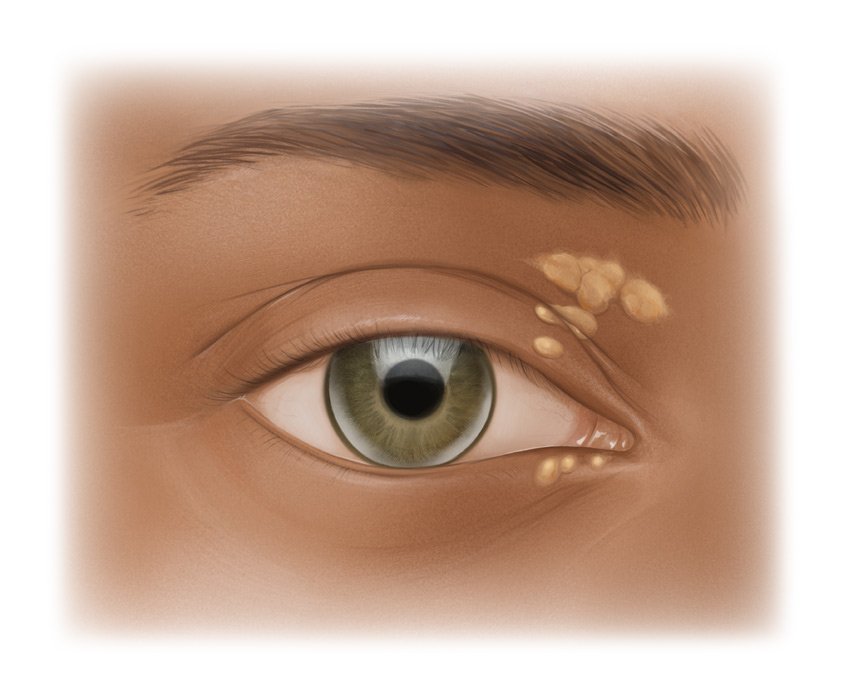Cai T, Abel L, Langford O et al. Associations between statins and adverse events in primary prevention of cardiovascular disease: systematic review with pairwise, network, and dose-response meta-analyses. BMJ 2021; 374: n1537.
Cholesterol Treatment Trialists' Collaboration. Effect of statin therapy on muscle symptoms: an individual participant data meta-analysis of large-scale, randomised, double-blind trials. Lancet 2022; 400(10355): 832-845.
De Filippo O, D'Ascenzo F, Iannaccone M et al. Safety and efficacy of bempedoic acid: a systematic review and meta-analysis of randomised controlled trials. Cardiovasc Diabetol 2023; 22(1): 324.
Guirguis-Blake JM, Evans CV, Coppola EL et al. Screening for Lipid Disorders in Children and Adolescents: An Evidence Update for the U.S. Preventive Services Task Force (Agency for Healthcare Research and Quality; Rockville, US). 2023.
Hovland A, Mundal LJ, Veierød MB et al. The risk of various types of cardiovascular diseases in mutation positive familial hypercholesterolemia; a review. Front Genet 2022; 13: 1072108.
Hu P, Dharmayat KI, Stevens CA et al. Prevalence of Familial Hypercholesterolemia Among the General Population and Patients With Atherosclerotic Cardiovascular Disease: A Systematic Review and Meta-Analysis. Circulation 2020; 141(22): 1742-1759.
Institut für Qualität und Wirtschaftlichkeit im Gesundheitswesen (IQWiG). Screening zur Früherkennung einer familiären Hypercholesterinämie bei Kindern und Jugendlichen: Rapid Report; Projektnr.: S24-01. 2024.
Khan SU, Yedlapati SH, Lone AN et al. PCSK9 inhibitors and ezetimibe with or without statin therapy for cardiovascular risk reduction: a systematic review and network meta-analysis. BMJ 2022; 377: e069116.
Khera AV, Won HH, Peloso GM et al. Diagnostic Yield and Clinical Utility of Sequencing Familial Hypercholesterolemia Genes in Patients With Severe Hypercholesterolemia. J Am Coll Cardiol 2016; 67(22): 2578-2589.
Mata N, Alonso R, Badimón L et al. Clinical characteristics and evaluation of LDL-cholesterol treatment of the Spanish Familial Hypercholesterolemia Longitudinal Cohort Study (SAFEHEART). Lipids Health Dis 2011; 10: 94.
McCrindle BW, Urbina EM, Dennison BA et al. Drug therapy of high-risk lipid abnormalities in children and adolescents: a scientific statement from the American Heart Association Atherosclerosis, Hypertension, and Obesity in Youth Committee, Council of Cardiovascular Disease in the Young, with the Council on Cardiovascular Nursing. Circulation 2007; 115(14): 1948-1967.
McGowan MP, Hosseini Dehkordi SH, Moriarty PM et al. Diagnosis and Treatment of Heterozygous Familial Hypercholesterolemia. J Am Heart Assoc 2019; 8(24): e013225.
Mörtzell Henriksson M, Newman E, Witt V et al. Adverse events in apheresis: An update of the WAA registry data. Transfus Apher Sci 2016; 54(1): 2-15.
National Institute for Health and Care Excellence (NICE). Familial hypercholesterolaemia: identification and management (NICE Clinical Guidelines; No. 71). 2019.
Reeh J, Afzal S, Wulff AB et al. Ages at coronary heart disease and death in familial hypercholesterolaemia: a Danish nationwide study spanning 44 years. Eur Heart J 2025 [Epub ahead of print].
Regitz-Zagrosek V, Roos-Hesselink JW, Bauersachs J et al. 2018 ESC Guidelines for the management of cardiovascular diseases during pregnancy. Eur Heart J 2018; 39(34): 3165-3241.
Trinder M, Francis GA, Brunham LR. Association of Monogenic vs Polygenic Hypercholesterolemia With Risk of Atherosclerotic Cardiovascular Disease. JAMA Cardiol 2020; 5(4): 390-399.
Tromp TR, Hartgers ML, Hovingh GK et al. Worldwide experience of homozygous familial hypercholesterolaemia: retrospective cohort study. Lancet 2022; 399(10326): 719-728.
Versmissen J, Oosterveer DM, Yazdanpanah M et al. Efficacy of statins in familial hypercholesterolaemia: a long term cohort study. BMJ 2008; 337: a2423.
Vrielink H, Le Poole K, Stegmayr B et al. The world apheresis association registry, 2023 update. Transfus Apher Sci 2023; 62(6): 103831.
Wang Y, Zhan S, Du H et al. Safety of ezetimibe in lipid-lowering treatment: systematic review and meta-analysis of randomised controlled trials and cohort studies. BMJ Med 2022; 1(1): e000134.
IQWiG-Gesundheitsinformationen sollen helfen, Vor- und Nachteile wichtiger Behandlungsmöglichkeiten und Angebote der Gesundheitsversorgung zu verstehen.
Ob eine der von uns beschriebenen Möglichkeiten im Einzelfall tatsächlich sinnvoll ist, kann im Gespräch mit einer Ärztin oder einem Arzt geklärt werden. Gesundheitsinformation.de kann das Gespräch mit Fachleuten unterstützen, aber nicht ersetzen. Wir bieten keine individuelle Beratung.
Unsere Informationen beruhen auf den Ergebnissen hochwertiger Studien. Sie sind von einem Team aus Medizin, Wissenschaft und Redaktion erstellt und von Expertinnen und Experten außerhalb des IQWiG begutachtet. Wie wir unsere Texte erarbeiten und aktuell halten, beschreiben wir ausführlich in unseren Methoden.



